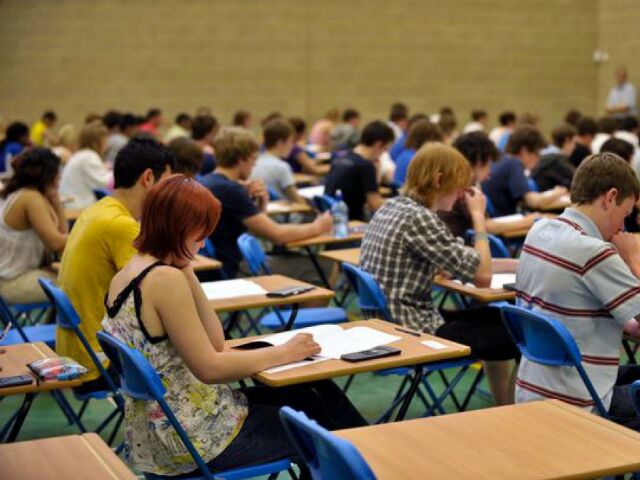
The end of semester is a trying and demanding time for students across the country. However, for Muslim students practising Ramadan this month, their exam stress is compounded by intense day-long fasting.
Ramadan, considered the holiest month of the Islamic calendar, began at sundown on April 2nd in Dublin and will last until May 1st. Practising Muslims use the month as a time of self-reflection, increased charity and acts of worship, as well as sunrise to sunset fasting.
With DCU exams and end-of-year submissions taking place throughout the month, practising students say they find it challenging to manage their academic and religious commitments.
Waad Hassan, Secretary-elect of the DCU Islamic Society (DCUISOC), says, ‘My structure changed a lot. Fasting from sunrise to sunset is difficult, and when you’re studying, all you think about is food. You have to study and make sure your assignments are completed on time, then you have to break your fast around 8 p.m; it’s just a bit of a struggle.’
The day-long fasting causes many students to completely rearrange how they would typically plan their day of work and studying. Omar Rayan, Vice Chairperson of DCUISOC, believes the difficulty lies in time management.
He said, ‘It’s more rearranging your time in a different way because I’d essentially be sleeping at times where I’d be normally studying before Ramadan.’ He continued, ‘Before Ramadan, say for Christmas exams, I’d be staying up at night, whereas during Ramadan, I have to sleep after having that big meal when I break my fast because I’m so exhausted from the entire day of fasting.’
Ramadan’s primary purpose for many Muslims is to spend the month reflecting on their faith and enhancing their relationship with God. However, Waad says she is disappointed that her studies can hamper her religious ambitions.
Waad says, ‘Compared to last year when I deferred my course, I had plenty of time to do all of these acts of worship, however; this year, I’m kind of struggling to get my assignments in on time alongside my acts of worship compared to when I don’t have exams. It makes me feel a bit sad that I’m not going and giving my full potential to getting closer to God’
Omar agreed, saying, ‘I would prefer not to have exams during Ramadan, because it’s not just about fasting, it’s about praying and reading more along with all the other elements that you want to do, but you don’t have as much time when you have to study five, six hours a day along with sleep and going to college. You’re trying to fit in something that you really want to do with college.’
Despite the impacts of their studies on practising Ramadan to the fullest, Waad believes that committing her time to academic life is a faithful act, saying, ‘At the same time, knowledge is very important in Islam. We’re encouraged to study and become successful. So this, in itself, is an act of worship, so it fits in.’
Despite the physical and mental toll that balancing exams and Ramadan can take on students, Omar concluded that his faith is essential to fulfilling academic and religious ambitions.
‘We have a thing called barakah, which is essentially when you do something for the sake of God. We’re not fasting because of the benefits. We believe that it is a way of facilitating a lot of the worldly issues we have to deal with, like studying and exams. You notice that as you go like, ‘Oh, I’m doing this for the sake of Allah’.
Daniel McCabe
Image Credit: PA



